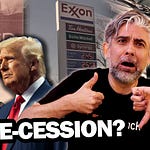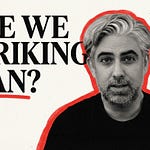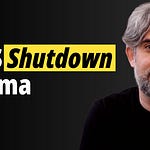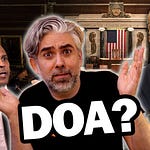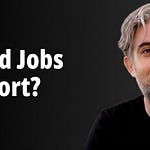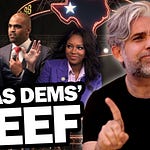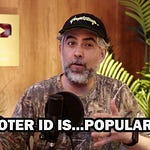I just spent three hours watching Hunter Biden, and I have a lot of thoughts. The interview, done by Andrew Callahan for Channel 5, is something like a confessional crossed with a stand-up set crossed with a Twitter thread that never ends. It’s raw, it’s chaotic, and weirdly, it’s compelling. If you’re a politics junkie, a media analyst, or just curious about the human side of scandal, there’s a lot to pick apart.
First off, the man is online. Not just vaguely aware of what’s being said about him — he’s terminally online. He knows the jokes, the subtext, the usernames. I’m convinced he has burner accounts. He’s tracking how people talk about him in real time, and it bleeds through every answer. He’s got a list — Tapper, the Pod Save crew, Alex Jones, Stephen Miller, and on and on. He names names, and he torches them. It’s Seth Rollins with a flamethrower.
But what’s interesting is how seriously he talks about addiction, sobriety, and crack — yes, crack specifically. He draws lines between drugs, dives into the stigma, and explains how being labeled a “crack addict” shaped public perception of him. These are by far the most honest and lucid parts of the interview. And they reveal someone who’s done the work of recovery — while still slipping into the old reflexes of deflection when the political heat turns up.
He has this quote about “an evil symbiosis between money and power” — and I couldn’t help but think, does he hear himself? He’s talking about systems he’s literally a product of. And yet, he stays focused on everyone else’s money. When he brings someone up, it’s almost always first by how rich they are. Soros, Tapper, Bannon — doesn’t matter who it is, the cash comes first. There’s this constant undercurrent of scorekeeping.
He also confirms, in his way, that the laptop is real — then turns around and champions the “hallmarks of Russian disinfo” letter like it was gospel. The tension never resolves. He owns up to some things, skirts others, and delivers just enough contradiction to keep everyone debating. Even when he talks about Burisma, he says the quiet part out loud: “I had connections.” That’s the trick, the real reason he was on that board. And he knows it.
What stuck with me, though, was his resentment. Not anger — that’s expected — but a deep, lingering bitterness toward the people he feels used him, abandoned him, or dismissed him. It gives the whole interview a kind of edge that goes beyond politics. When he talks about the media, about Democrats who’ve distanced themselves, or even about his father, there’s a tension. Like he’s still waiting for someone to publicly say they screwed him over. He wants vindication as much as he wants attention.
And that’s where it lands. This wasn’t an attempt to reset the narrative — it was a live demo of the very chaos people accuse him of embodying. He wants to be understood, but not too clearly. He wants to admit things, but only on his terms. He wants to lash out, but still come off sympathetic. It’s maddening, self-aware, and oddly human. If anything, the interview shows us who Hunter Biden is — and exactly why nobody in the Democratic Party knows what to do with him.
Chapters
00:00:00 - Intro
00:01:09 - Epstein
00:05:56 - Hunter Biden
00:32:18 - Update
00:33:34 - NC Senate Race
00:36:40 - Wisconsin Gov. Seat
00:38:19 - Florida Redistricting
00:39:08 - Interview with Mary Ellen Klas
01:17:30 - Wrap-up



